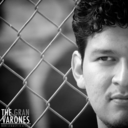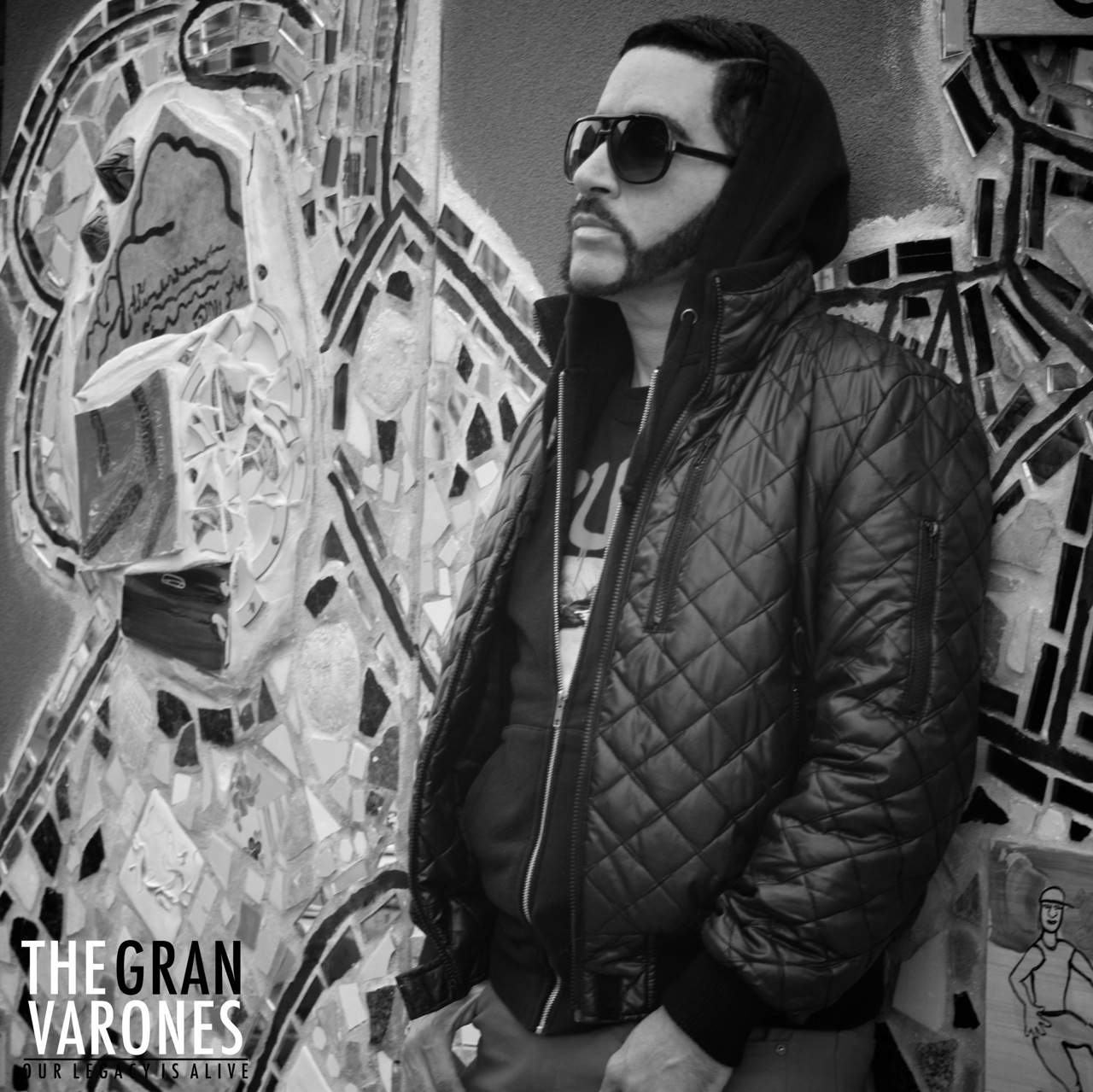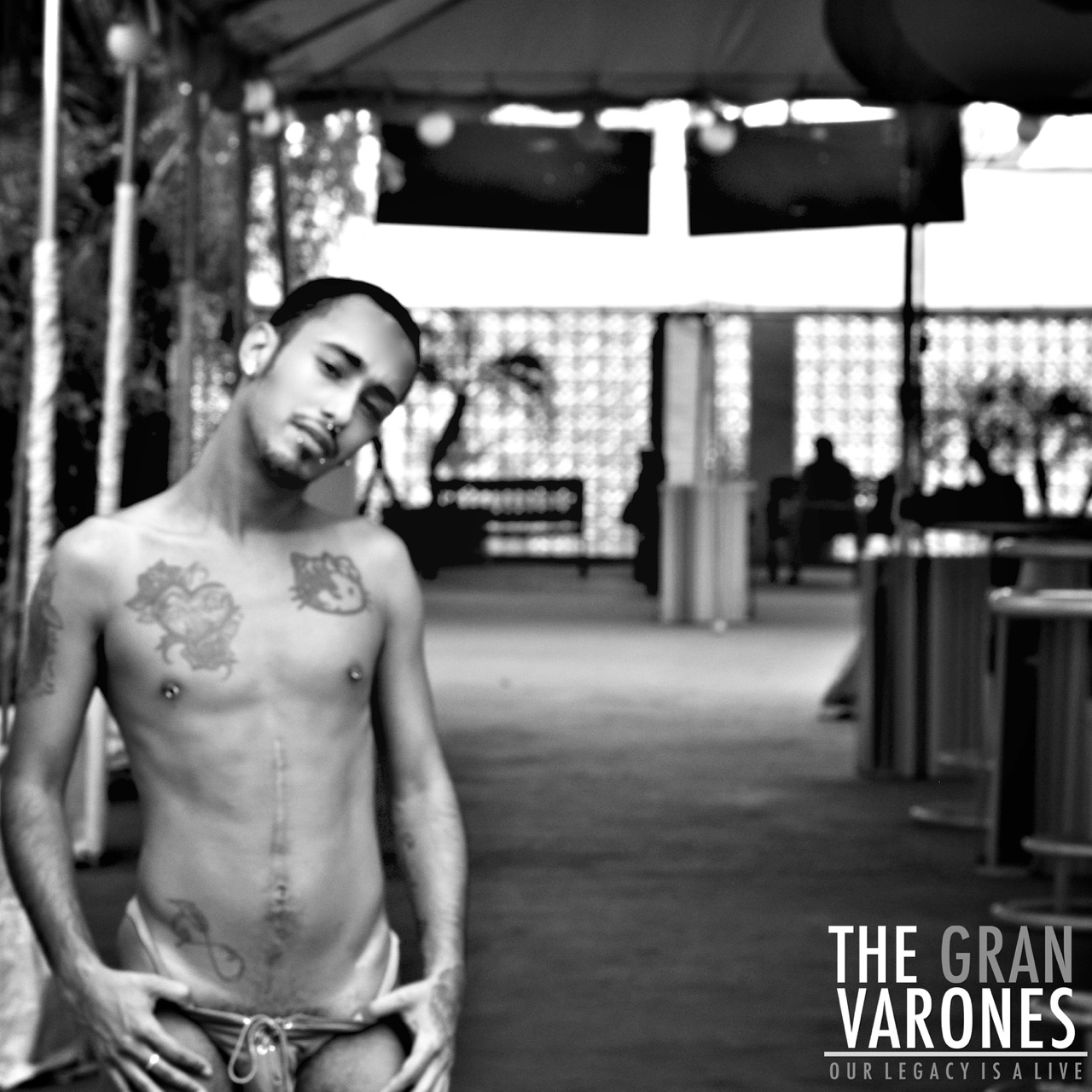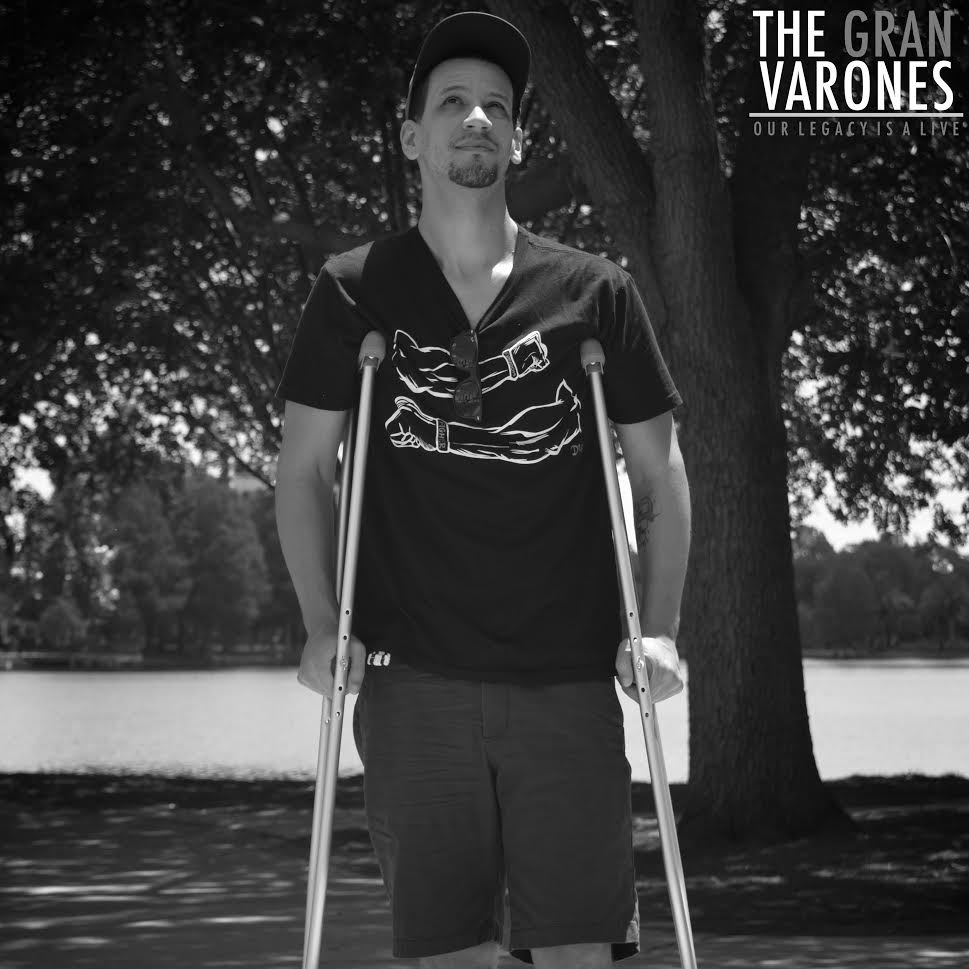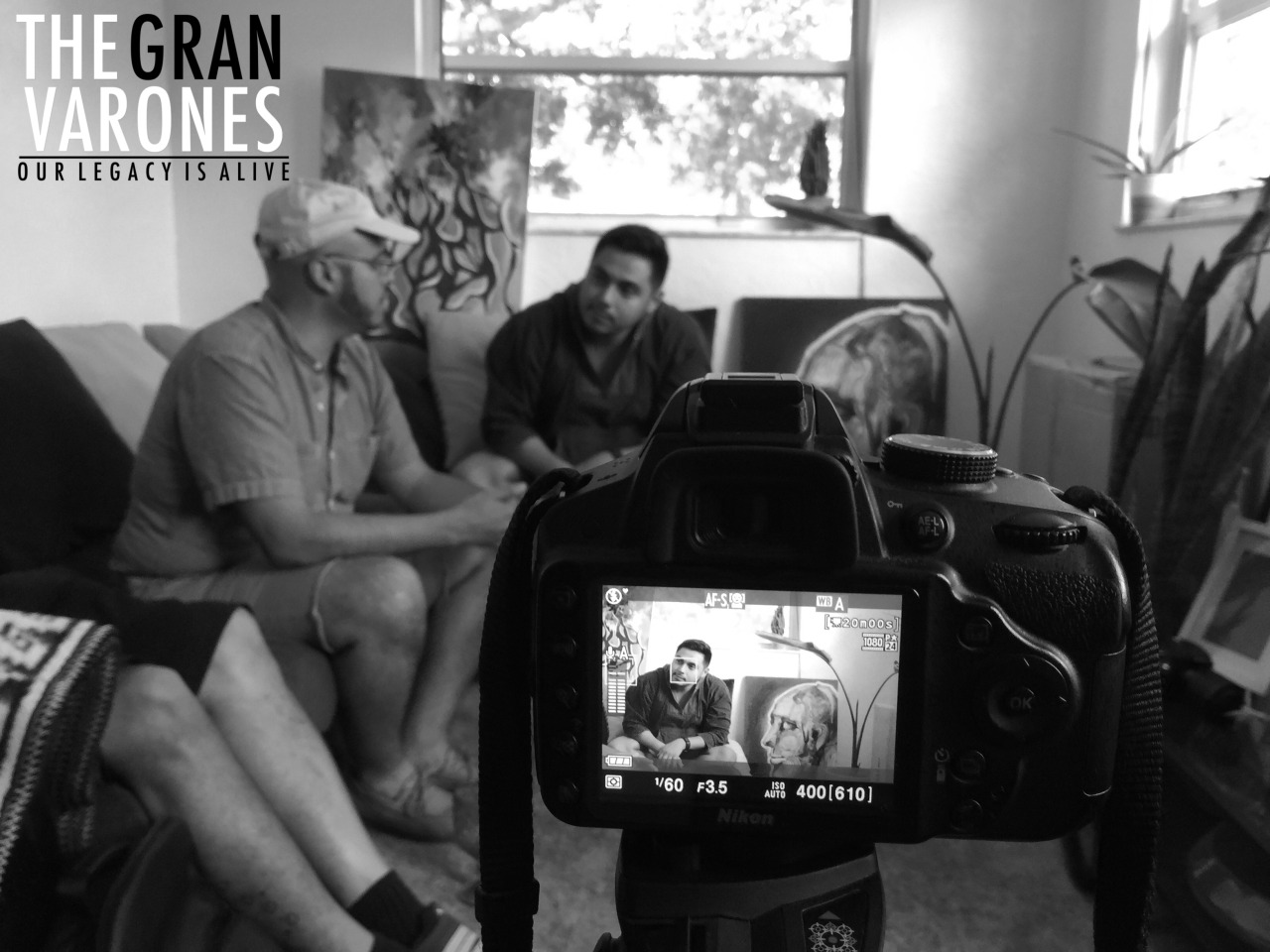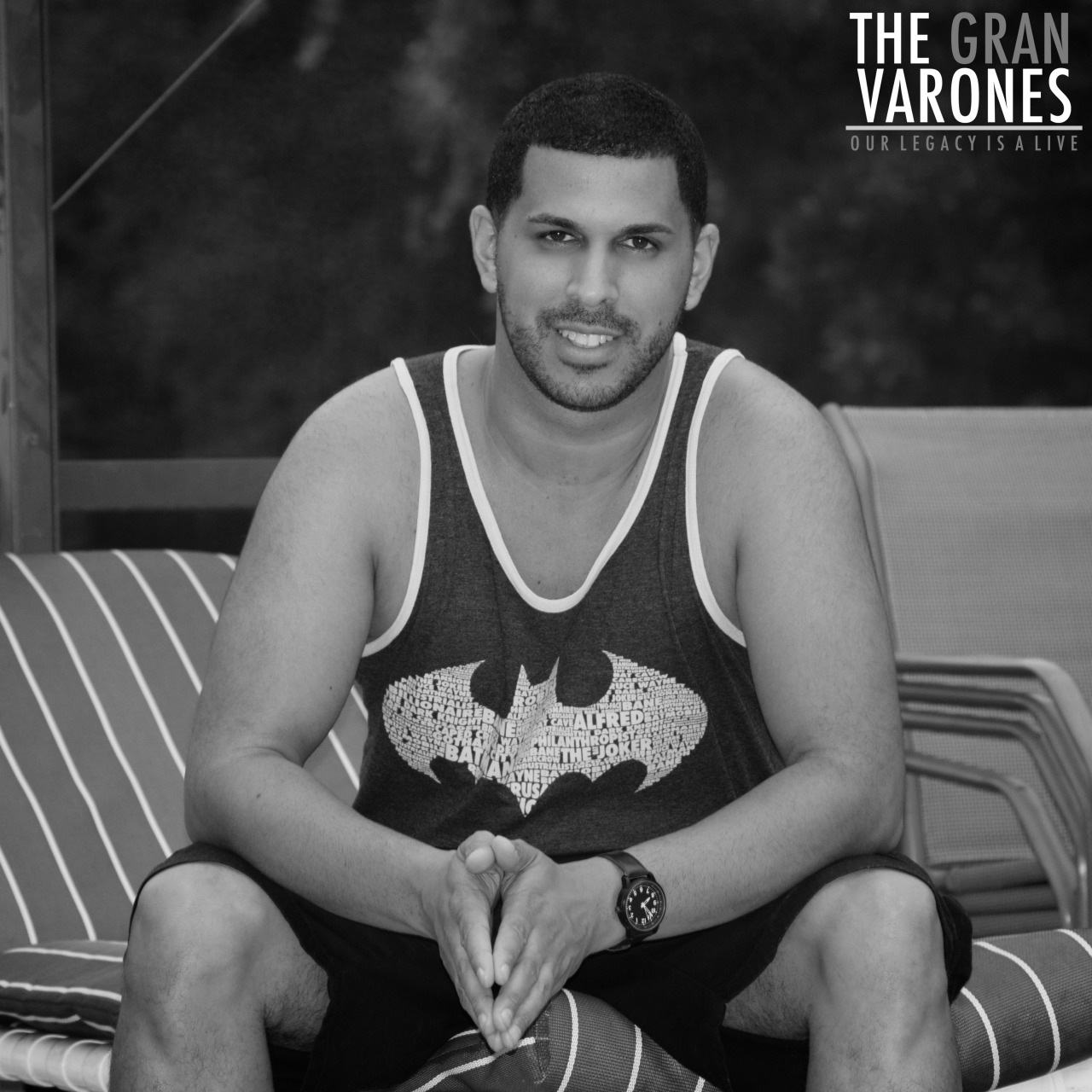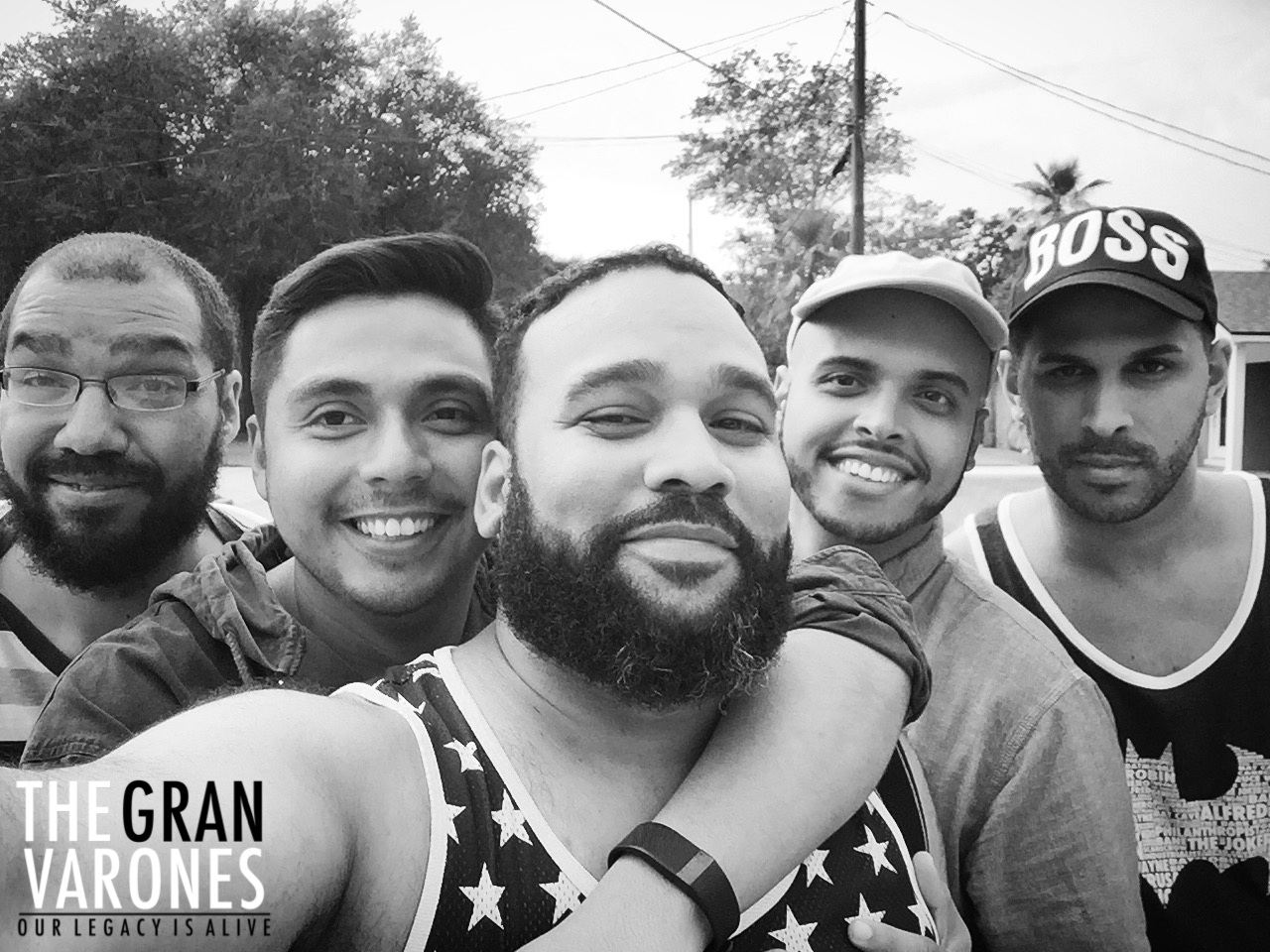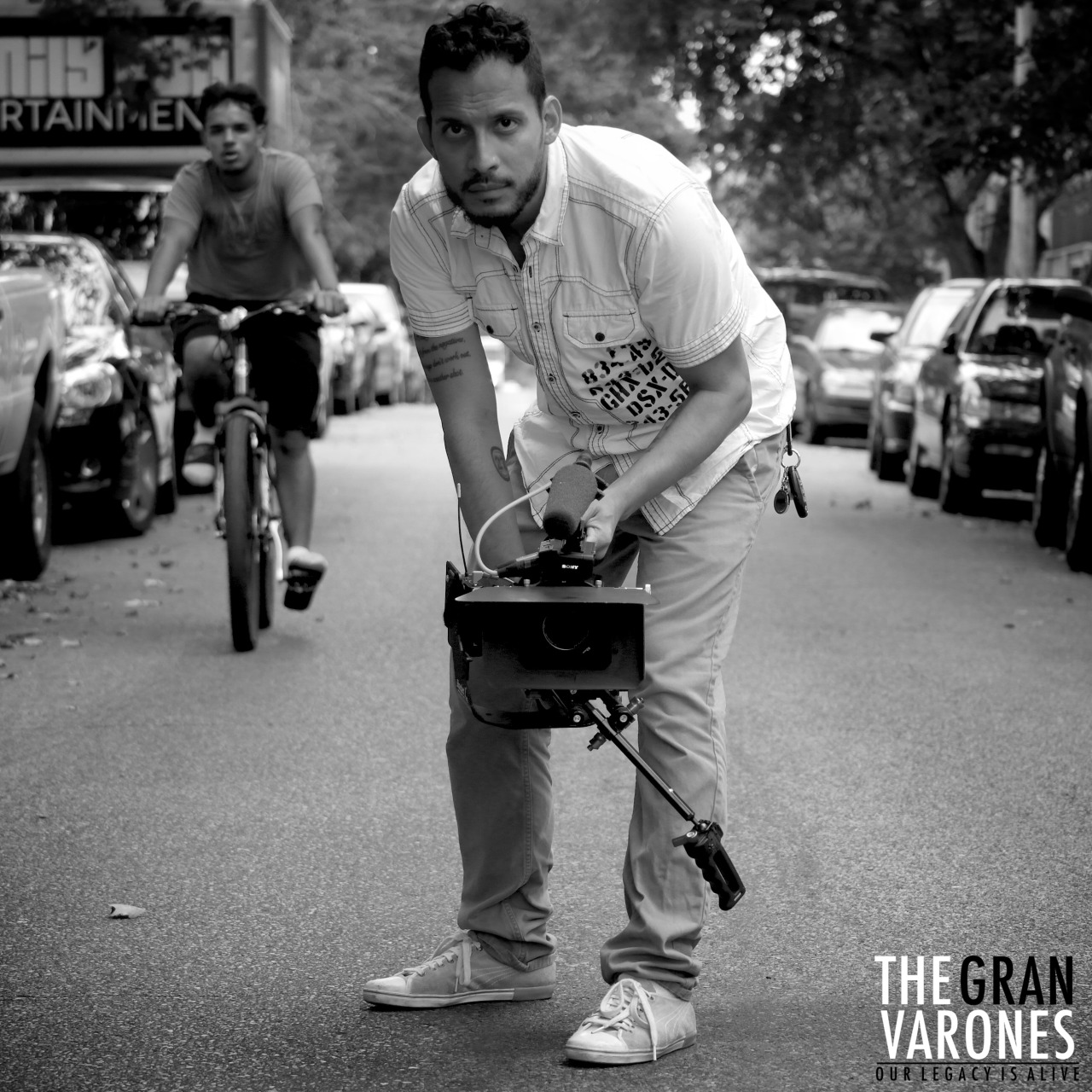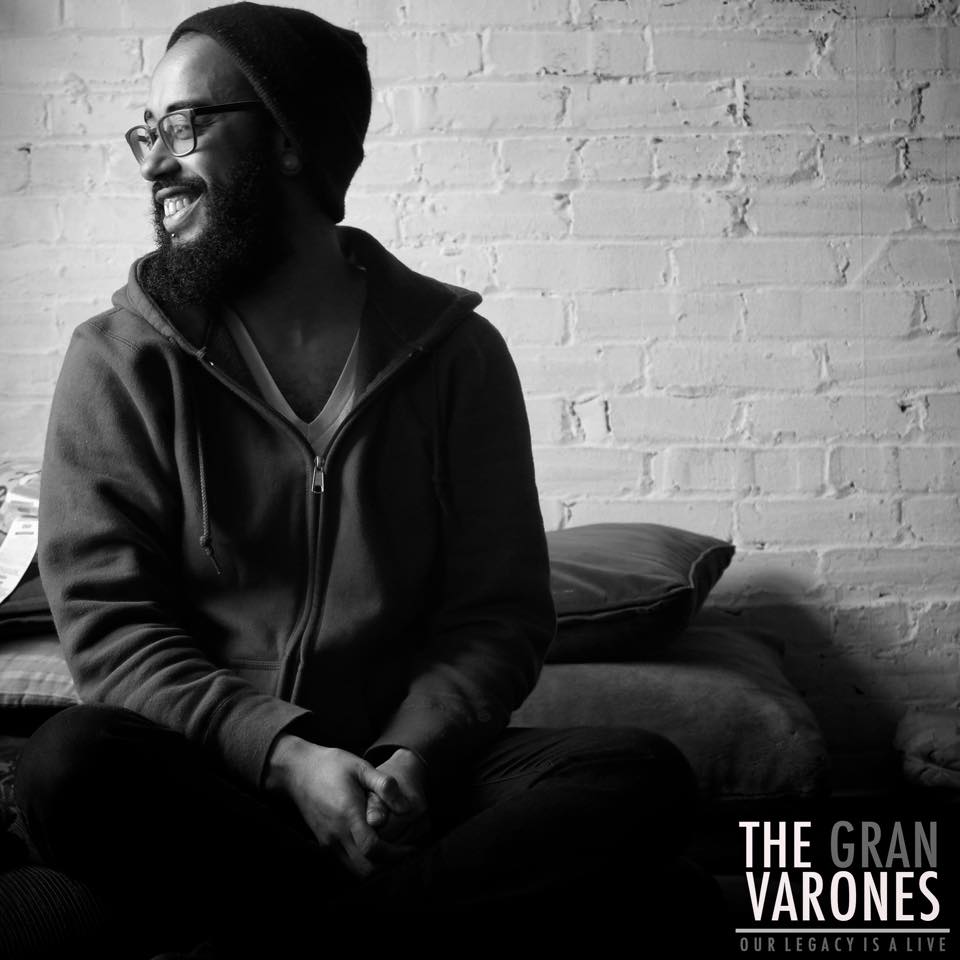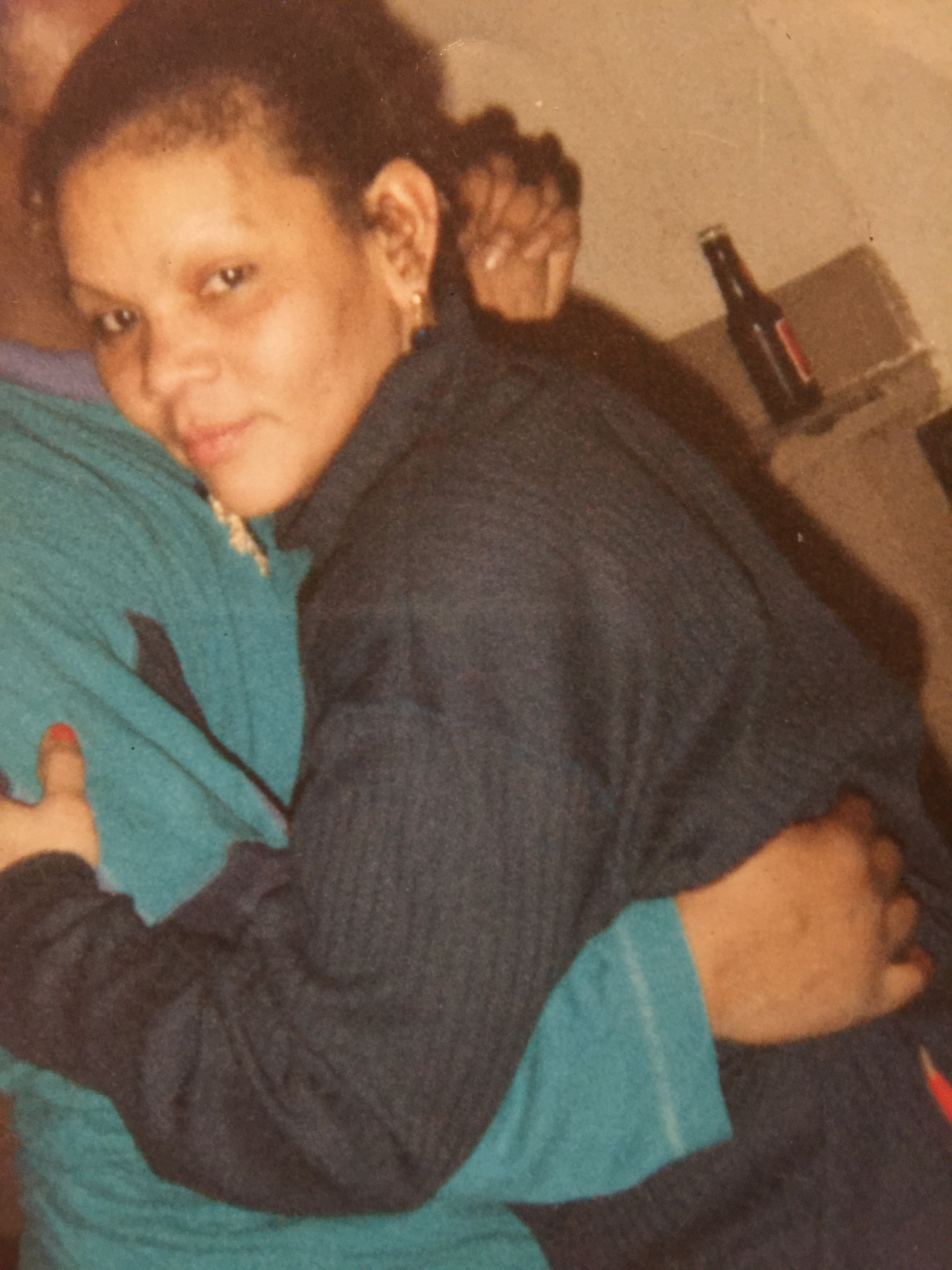Louie: Thank you for coming to Philly to meet with me. I really appreciate it. I had wanted to ask you for a while to interview for the project but was afraid.
Peter: Why? I love the project. I am glad to do this. I have so many stories.
Louie: Let’s start with you. Tell me a little about yourself.
Peter: I’m from New York originally. I grew up partly in Glen Clove, Long Island and Delaware. I went to high school in Delaware. I came out…no I didn’t come out, my mother pulled me “out.” A cousin of mine moved from Puerto Rico to North Philly. He passed away, his name was Alfredo. Alfredo was a big queen. I always knew he was a big queen, ya know just “under cover.” Well honey, he got drunk one night and came home to my cousin’s house and was telling my cousin he met these guys and blah, blah, blah. Well they told my stepdad. So my mom told me and I am laughing because I thought it was funny. Mommy goes, she says to me in Spanish, “Don’t laugh about his situation because you into that sort of lifestyle too.” I was 18 at the time and I said “Oh. Well this is my signal to come out.” So eventually I left high school and I came out. I was like “Fuck It. I am not going to be “straight.” I’m not going to pretend.” Because I was pretending. The whole time, I dated girls and that stuff. I did that more for my stepdad than my mom because of that whole machismo thing. So I came out. I said, “My mother knows so I am cool.” Mommy goes “You don’t think I knew? I knew ever since you were little. I was just waiting for you to tell me.” So I don’t have a traditional “coming out” story. I didn’t tell my mom, she told me.
Louie: So what originally brought you to Philly?
Peter: I met this guy who had the same name as the singer Bobby Brown. He was this black dude who lived in North Philly. We met at Smarts* and we started communicating on the phone, ya know it was 80s. he “supposedly” loved me and I “loved” him so I moved to Philly. I didn’t even give my notice. I up and left, I disappeared. My mother didn’t even know where I was for a whole month ‘cuz I was in love. I was 21 at the time and just started going to the clubs.
Louie: Were there other gay Latinos?
Peter: It was me and miss David. Then I met a few other ones. I met Alexis, Pedro, he had long hair and liked to vogue. I met all those Puerto Ricans. But there was a divide because I hung around a whole bunch of black kids. They (the Latino queens) didn’t like because they thought I was trying to be “black.” I was just being me. I got along with everybody but they were ones trying to throw me shade. It was hard at first because you want to be around other Puerto Ricans that were gay and you want to be included in that community because they are not many of us began of the struggle we have amongst ourselves as Latinos.
Louie: How did you get involved in the Ballroom scene?
Peter: The balls, I was introduced to in 1988. I saw people Voguing and carrying on and I didn’t know what it was. And I was like “I wanna do that!” I started learning it by going to the Nile*. It was interesting and I caught on real quick. My first House was the House of Prestige. I was the only Puerto Rican in that House. My category was hair affair and old way. The ballroom was picking up here in Philly. Later I joined the House of Africa. Tracy Africa’s house opened a chapter here in Philly. I did Butch Queen Up In Drags for their House.
Louie: So you are in Delaware now. Why did you move back there and what is gay life out there?
Peter: talk about the gays in Delaware. Let’s talk about the Latino gays in Delaware. There’s hardly none. And the few there that they have are whack. It’s truthful. Then they have the nerve to give you shade and I’m like “Gurl, we should stick together.” Gay life in Delaware is very limited. Philly gay life is “OK” now but Philly back in the day was fun. There was a golden era up to ’94. They have all these new clubs but they are geared to the white gays. They don’t gear to us. Even New York has changed. Nothing’s the same.
Peter DaVilla-Montes, Delaware
Interviewed & Photographed by: Louie A. Ortiz-Fonseca
*Smarts & The Nile were gay night clubs in Philadelphia that had a large black following. Both clubs were closed by the mid-90’s.
